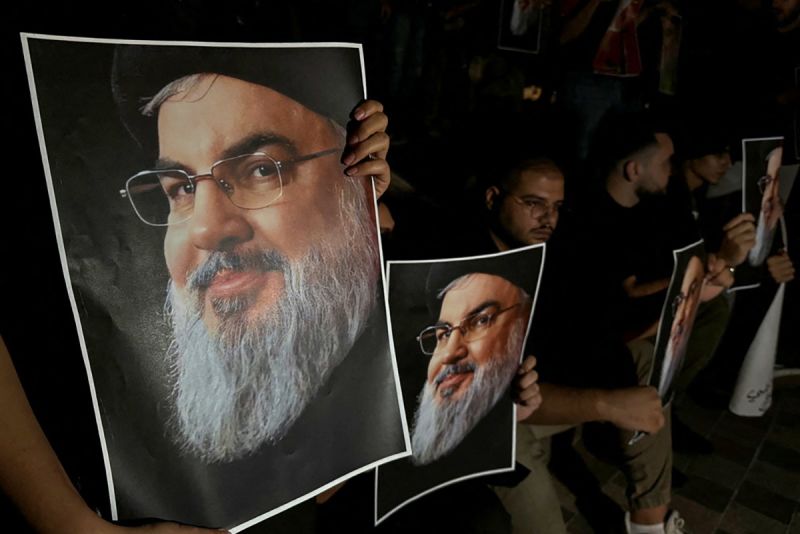Hezbollah, the influential Lebanese political and military organization, faces an immediate future of uncertainty following the killing of its Secretary-General, Hassan Nasrallah. This incident can bring about unforeseen developments in the entire Middle East region. Furthermore, the possibility of Israel mulling a ground incursion in Lebanon adds an extra dimension to the evolving situation. The following sections aim to flesh out the potential implications of these events on the complex political landscape.
To begin with, Nasrallah’s death leaves a significant vacuum in Hezbollah, both politically and militarily. The prevailing unease in the organization is quite clear, given that Nasrallah was not just a figurehead but a force that held the group together. He charted course for the organization and was the face that managed to merge the political and military aspirations of Hezbollah. His ability to balance between the multifaceted roles stemmed from a deep understanding of the geopolitical scene coupled with strategic acumen.
Who will fill this vacuum carries significant implications. If the successor possesses a similar ability to juggle both the political and military aspects of the group’s operations, the shift might be more manageable. However, should the successor lean more towards either the political or the military aspects, two scenarios are possible. A more politically inclined leader might steer Hezbollah towards increased political negotiation and reduced militant activity while a successor with a military background might amplify the group’s armed struggle, escalating the situation further.
Regarding a potential ground incursion by Israel, several important factors need consideration. While Israel has the military capability to undertake such a mission, it also has to consider international diplomatic and political ramifications. Such an incursion would almost certainly come under a spotlight and could ignite further conflicts within an already volatile region.
Israel’s decision is also contingent on the internal disruption within Lebanon. The civil unrest, the financial crisis, and the refugee crisis have destabilized the country, making a ground incursion fraught with unpredictability. You add this to the fact that Hezbollah, despite Nasrallah’s demise, remains a potent militancy, and you paint a picture of significant obstacles that Israel needs to consider before embarking on a campaign of this magnitude.
Additionally, the role of prominent world powers, including the U.S and Russia, cannot be brushed aside. These countries could potentially exert their influence to prevent an escalation that threatens regional stability. On one hand, they could pressure Israel to restrain military operations. On the other hand, they might wield their influence to ensure that Hezbollah’s new leadership refrains from aggressive policies.
Overall, Hezbollah’s future without Nasrallah and the potential of an Israeli ground incursion into Lebanon presents an intricate political terrain of colliding political interests and strategic challenges. These two factors will likely shape the course of Middle Eastern politics, creating a cauldron of complexity that requires deft navigation from all players involved. It remains to see how these events will play out and what precedent they set for regional stability in the Middle East.




